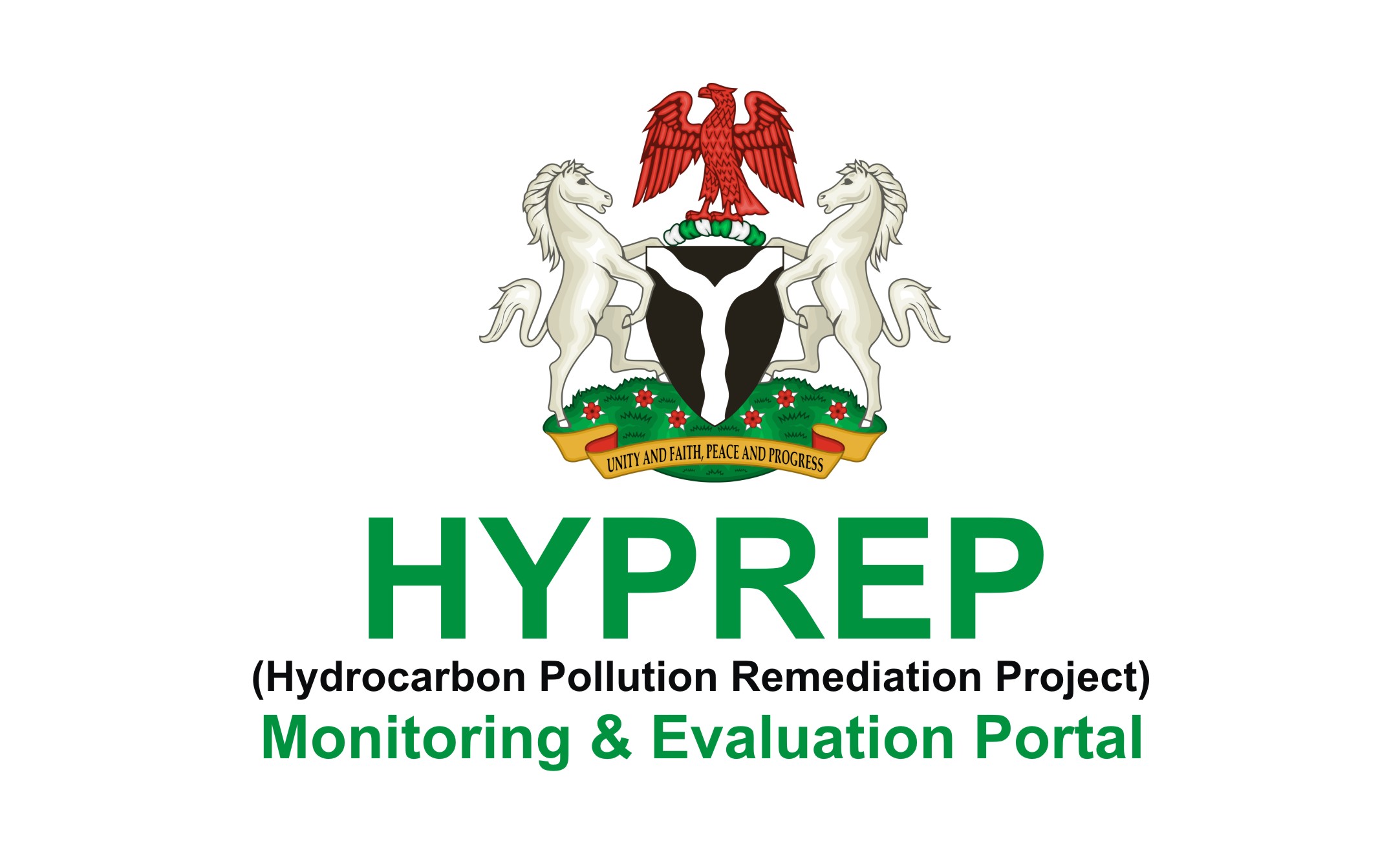Business
Debt Servicing: Economist Tasks FG On Transparency
An economist, Prof. Ndubuisi Nwokoma, has called on the Federal Government to ensure transparency in revenue generation toward boosting revenue and reducing borrowings.
Nwokoma, a Professor of Economics, University of Lagos, who said this in Lagos yesterday, urged transparency in public financial management to address revenue leakages.
Nwokoma was reacting to the International Monetary Fund (IMF) concern that Nigeria’s debt servicing to revenue ratio was more than 50 per cent, which was not good for the economy.
It will be recalled that Mr Amine Mati, IMF senior resident representative for Nigeria, had said public debt was diverting more resources toward interest payments.
Mati said that although Nigeria’s debt to Gross Domestic Product (GDP) was quite low, but more than 50 per cent of revenue went into interest payments.
According to him, increase in revenue is very important to bridge the gap to ensure that revenue to GDP is sufficient to pay up and service debt profitably.
Nwokoma said that government was making more revenues through stamp duty, taxation and custom duties, noting that these revenues were not properly accounted for.
He said that transparency in public financial management would curb leakages and boost revenue generation.
“Government should put its house in order and we need to seriously take the issue of classification of revenues seriously because oil cannot sustain the economy for a long time,’’ Nwokoma said.
He noted that government was servicing debt with more than 50 per cent of revenue because the economy depended largely on oil.
According to him, effort of the government to diversify the economy has not yielded much result in terms of foreign exchange earnings.
“Its quite dicey that government is still borrowing in spite of this bad situation,’’ he added.
Nwokoma said that government needed to look at debt servicing to revenue generated because the figure was not encouraging.
He said that government should minimise borrowing at all costs and ensure it doesn’t borrow for recurrent expenditure: adding “we must not borrow to fund consumption.’’
“We cannot tie down the volume of capital formation with the volume of borrowing.
“We are borrowing more than we are investing in infrastructure and this is not good for the country’s growth and development,’’ Nwokoma said.
He said that government must cut down on import needs to reduce the amount spent on imports.
Business
NCDMB, Dangote Refinery Unveil JTC On Deepening Local Content

Business
Industry Leaders Defend Local Content, … Rally Behind NCDMB

Business
Replace Nipa Palms With Mangroove In Ogoni, Group Urges FG, HYPREP

-
Business2 days ago
NCDMB Promises Oil Industry Synergy With Safety Boots Firm
-
City Crime2 days ago
RSG Tasks Federal Government On Maternal Deaths
-
News2 days ago
NOA Set To Unveil National Values Charter — D-G
-

 Featured2 days ago
Featured2 days agoRivers A Strategic Hub for Nigeria’s Blue Economy -Ibas …Calls For Innovation-Driven Solutions
-

 Rivers2 days ago
Rivers2 days agoNDDC Inaugurates Ultra-Modern Market In Rivers Community
-
Opinion2 days ago
Why Reduce Cut-Off Mark for C.O.E ?
-
News2 days ago
Nigeria’s Inflation Rate Dropped To 22.22% In June -NBS
-
Niger Delta2 days ago
Adopt African System Against Crime, Don Urges Security Agencies

